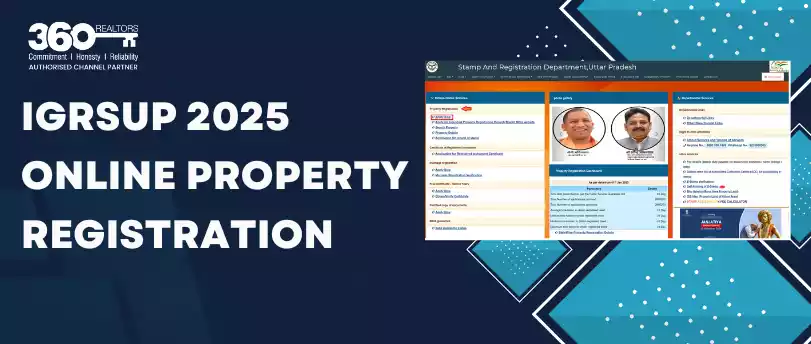Prime Minister Mr. Narendra Modi’s sudden announcement of demonetizing higher currency notes will have far reaching and tremendous impact on the Indian economy. Though received with a mixed response, the audacious step has been taken for the good of the nation, as a whole. The main aim of this initiative is to unearth the stashed black money and throw it out of system, undermine terror financing and put a control on the ongoing corruption. This is the most courageous step taken by the Indian Government in the history of Indian economy and is aptly referred to as the surgical strike against black money.
Though there are meager chances of repetition of this whole drive, anytime soon, but even then the investors can use the situation for their benefit and should take intelligent and careful decisions for wealth creation. But before that, there are some important takeaways that should be kept in mind before planning your financial strategy.
1. Invest the excess liquid cash instead of holding back: People, who are in the habit of stocking money at home, in order to secure themselves in case of emergencies, should reconsider the strategy. No doubt it is always advisable to keep some cash in hand at least 2-4 months’ worth of expenses, since cash offers flexibility, but in today’s scenario even this amount should be invested in either sweep-in saving accounts liked to fixed deposits, or short-term debt funds or liquid funds. If there is an ample amount lying idle, then it is like destroying its purchasing power. The money parked idle will not grow and few years down the line, due to the inflation, you will be able to buy less things with the same amount. Also, the high returns that you can earn by investing this amount like in equity for long-term goals will also have to be forgone. Hence, it is wise to make most of your transactions cashless, by resorting to other payment options and keep only a small or required amount of cash at home.
2. Spend smartly or as per needs, don’t land yourself into cash-crunch situation: This should be the most important takeaway from the drive of demonetization and should form the backbone of every financial plan. Save and spend as per your needs and according to the budget. It is imperative that the people should first give priority to their critical expenses, followed by investments and utility bills and the discretionary expenses should be handled later. The entertainment and other luxury expenses should take a backseat or should be done away with. While the limited inflow of cash makes savings very important, equally important is that we need to stick to the planned budget and spend accordingly. It does not mean that one needs to cut down on his finances to an extreme, but it just paves your way ahead to the discipline of budgeting and setting your priorities so that your financial goals are met easily and comfortably. So, in order to enjoy your discretionary expenses, it is important to prioritize your spending, save and invest.
3. Stay updated with all the technological advancements that will help you handle your finances: Since last few years, the banks and other institutions had been requesting people to go online or use mobile transactions but the demonetization drive might serve as the inflection point. It has become very important to keep a track of all the technological upgrades happening especially the ones which can help you lead your life normally, in this cash-crunch situation. More and more people are downloading mobile wallet apps and are resorting to online banking for the payment of their utilities and other important expenses. An increased number of people are using credit and debit cards who once thought that cash was the safest bet. Those who were already keeping a pace with e-money and other digital payments did not suffer much as compared to those who always used the traditional methods. So a shift to mobile banking, mobile apps, and online funds transfer will not just save your time and money but will also help you make your transactions in a convenient and easy way.
4. Help your child save, buy him a piggy bank or give pocket money: The children who were already in a habit of saving from their pocket money or putting money in their piggy banks proved to a great financial support for their parents in this time of crisis. They had loose change and lower denomination notes that helped their families’ cope up with this difficult time. However, this not means that one should rely on these small savings as a contingency fund as they will suffice only a meager amount in times of bigger crisis. Instead this saving habit will help the kids to manage their finances and can also prove helpful to their parents in times of need. Regular savings, making their own purchases, elective spending or saving especially for meeting small needs will help inculcate financial discipline amongst the children.
5. Don’t panic and change your asset allocation: Getting panicky in times of unexpected developments like demonetization or in times of financial crisis is something very natural. Though the investors try to play wisely but even then a major populace is rushing towards buying gold in this hour of need. It is very important to remember that the asset allocation should not be changed and if in case the need arises, then it should be done only in tune with your short and long term-needs, age, risk taking ability and other important goals. One can rebalance from time to time but should not risk your investments by taking volatile decisions by reacting to uncertain abnormalities.
Hence, with the above mentioned efforts, even in the times of crisis, don’t lose heart and let your money work for you.






